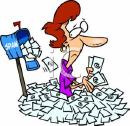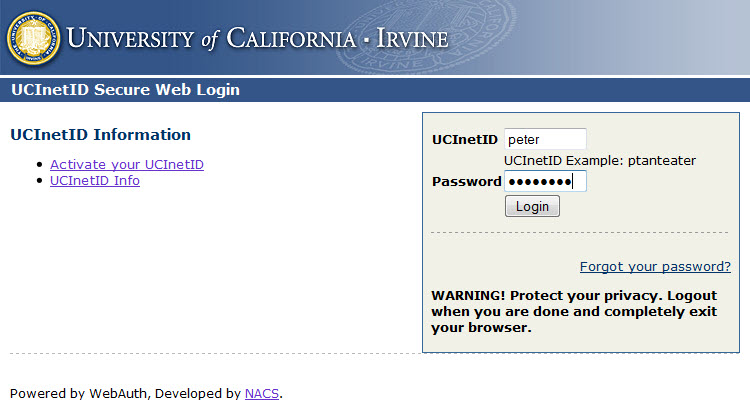The campus wireless network has enabled mobile computing for laptop and tablet computers for years. Faculty and staff may be less aware that NACS also offers services to users of handheld mobile devices such as iPhones and Blackberries.
If you use Oracle Calendar to manage your appointments, NACS offers support for wireless synchronization so you can carry your calendar with you. Oracle Calendar offers two methods for synchronizing a personal digital assistant, Desktop Calendar Sync (for PDAs) or Mobile Data Sync (for smartphones and cell phones.) These methods are mutually exclusive, and should not be intermingled.
For users of NACS’s Exchange server, you can get access to your email via Blackberry by using Blackberry Enterprise Server (BES) for Exchange. BES is a “push” technology meaning the Exchange server will update your Blackberry whenever new data (email, events) is delivered to your account.
If you need help with these resources, or have other ideas how NACS can support mobile devices and technologies, please call x4-2222 or email nacs@uci.edu.



